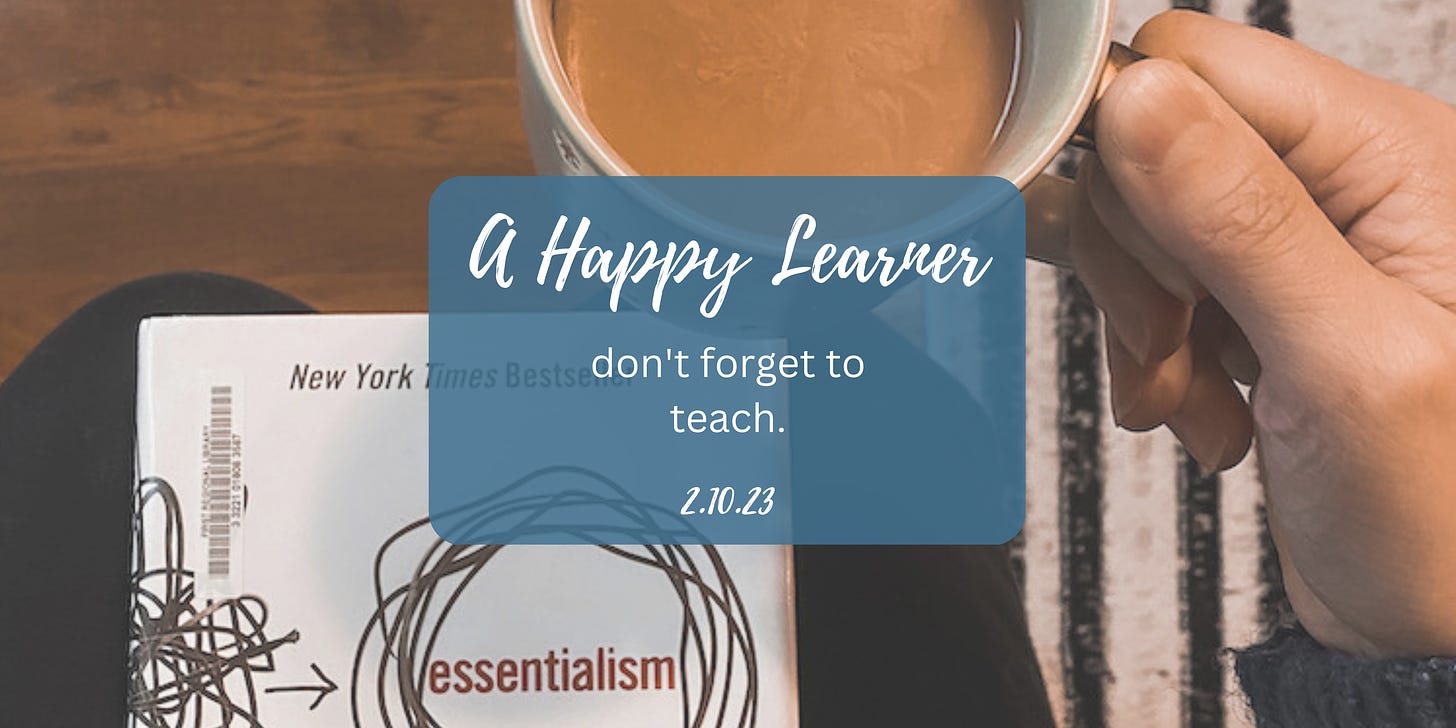Happy Friday, my speech friends!
The past couple weeks have been spent adjusting to a new modality of therapy; however, there is one thing that I’ve been reminded of that is applicable whether you’re providing services in person or via a computer.
We exist in our profession to teach not just take data.
One habit I tend to fall into, particularly when juggling 40 (and sometimes up to 70!) different students with their own individual goals, is planning the session’s activities around getting in multiple trials for multiple goals for multiple students. The problem with this approach is it leaves us very little time for instruction. And that’s beneficial only for our progress notes not for the actual progress for our students.
I was reminded this week that instruction is an element of my sessions that I can’t afford to overlook. But it also isn’t all that difficult not to do so! In fact, it takes less planning than might be expected.
After a successful week of instruction this week, I wanted to share a few takeaways for making sure sessions are instructive rather than just full of discrete trials.
1. Embrace a session that moves more slowly.
It’s easy to speed up sessions by feeling as though we need to cram three or more objectives into each one. And even moreso when we try to get 5-10 data points out of each student! When we decrease the number of objectives we feel the need to cover in a session, as well as the need to take data on each objective, we can move more slowly through them and create more opportunities to teach. This week, with students grade 6-12, I found I was able to cover two objectives in a 30 minute session and each student (in groups of two to three) was able to respond to around three prompts or questions. While not enough data trials to monitor progress, it provided plenty of opportunities for teaching the skills.
2. Turn activities designed for discrete trials into teachable moments.
When I think of teaching, I often think about it in terms of a classroom—displaying a slide presentation or scrawling a whiteboard. When you look at in that way, it can seem like a lot of extra effort to work teaching into a session. However, teaching doesn’t have to include that extra effort at all! The simplest of activities, including those we would normally use to obtain discrete trials, can be used for instruction. My favorite tools for turning something as simple as a worksheet into a teaching activity are simple ones: highlighters, sticky notes, and tiny whiteboards. In a teletherapy situation, it’s much the same only I use the tools built into the platform. Annotating a worksheet is such a convenient way to teach skills.
3. Set aside sessions or parts of sessions for explicit progress monitoring.
The way you implement this will, of course, vary depending on your setting and its requirements, setting side a distinct time for progress monitoring can take away the need to obtain data trials during every session. Instead, I plan to do one of two things.
(1) Set aside 10 minutes or so at the beginning of end of a session to take data on one student. While you’re working with that student, you can provide some sort of independent work for any other students in the group. That could be as simple as a craft or perhaps a writing prompt for a written language sample. You would plan as many of theses sessions as necessary to get the data you need for progress monitoring, which would vary based on the group sizes.
(2) Set aside one session each month and take data for each student in the group. Like in the previous session, arrange to have one or two activities planned that the other students can complete independently. Monthly data collection, especially when it’s high quality progress monitoring with a focus on one student, provides plenty of data for writing progress reports without disrupting the clinical instruction part of our sessions.
I hope these suggestions are helpful and remind you that instruction in a clinical setting doesn’t have to be complicated. If you have any suggestions to add, please share!
Before I sign off for the weekend,
I’ve written a blog post about what I learned about being an SLP after reading Greg McKeown’s book, Essentialism. If you feel intrigued, check it out on my website!
With that I bid you a good weekend,
Christin ☕️



